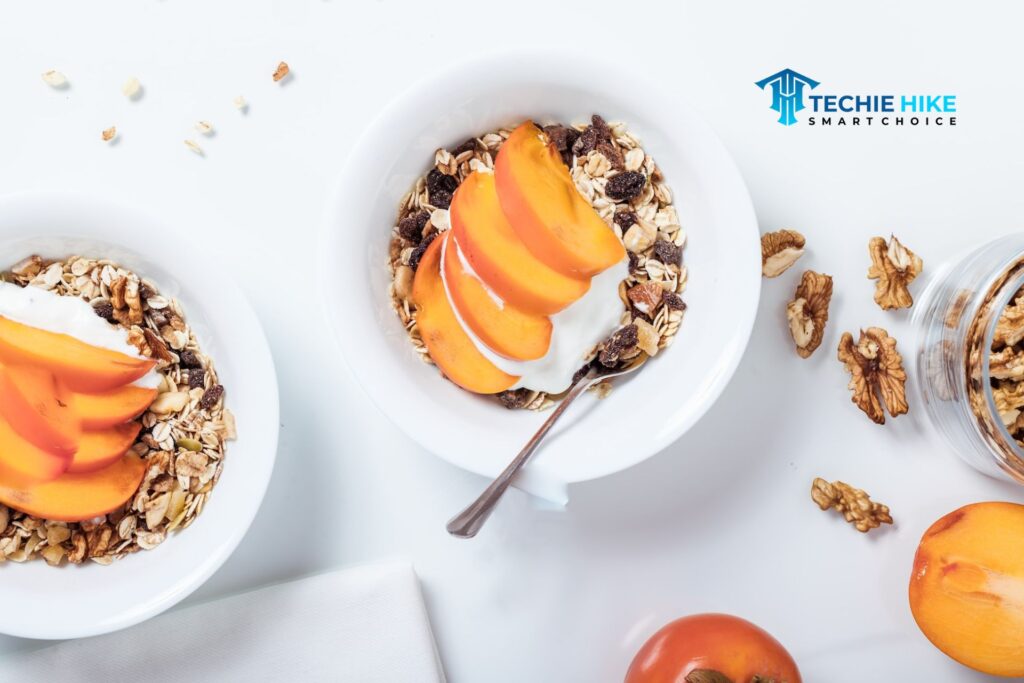Introduction: Living with diabetes requires careful attention to various aspects of life, especially diet. Proper nutrition is a cornerstone of diabetes management, helping individuals regulate blood sugar levels and maintain overall health. This article aims to provide valuable insights into managing diabetes through a Food for Diabetes and diabetes-friendly diet. Let’s explore essential dietary considerations for those with diabetes to lead a healthier and happier life.
Understanding Diabetes
Diabetes is a chronic medical condition that affects how the body processes glucose (sugar). There are two primary types of diabetes: Type 1 and Type 2. Type 1 diabetes occurs when the pancreas cannot produce enough insulin, while Type 2 diabetes results from insulin resistance or inadequate insulin production. Proper diet plays a crucial role in managing both types of diabetes.
The Importance of Food for Diabetes Management
Maintaining a proper diet is essential for individuals with diabetes as it directly impacts blood sugar levels. A well-balanced diet can help stabilize blood glucose, prevent complications, and promote overall well-being. Understanding the different components of a diabetes-friendly diet is essential.
Carbohydrates and Blood Sugar Levels
Carbohydrates have a significant impact on blood sugar levels. It’s important to differentiate between simple and complex carbohydrates. Simple carbohydrates, like sugary foods, cause rapid spikes in blood sugar, while complex carbohydrates, found in whole grains and vegetables, are digested more slowly, causing gradual increases.
The Glycemic Index
The glycemic index (GI) is a scale that ranks carbohydrates based on their effect on blood sugar. Foods with a high GI should be consumed in moderation, while low-GI foods are better options for stable blood sugar levels.
Counting Carbohydrates
Carbohydrate counting is a popular method for managing diabetes. It involves monitoring the number of carbohydrates consumed in each meal to maintain stable blood sugar levels.
Making Smart Protein Choices
Protein is an essential macronutrient that can help control blood sugar levels. Incorporate lean protein sources like poultry, fish, tofu, and legumes into your diet.
Healthy Fats: The Good, the Bad, and the Ugly
Not all fats are created equal. Healthy fats like those found in avocados, nuts, and olive oil can be beneficial for diabetics, while trans fats and saturated fats should be limited.
Incorporating Fiber-Rich Food for Diabetes

Fiber aids in slowing down the absorption of sugar, leading to better blood sugar control. Include fiber-rich foods like fruits, vegetables, and whole grains in your meals.
Key Vitamins and Minerals for Diabetics
Certain vitamins and minerals play a significant role in diabetes management. Vitamin D, magnesium, and chromium are among the essential nutrients to focus on.
The Role of Portion Control
Controlling portion sizes is crucial for maintaining stable blood sugar levels. Overeating, even healthy foods, can lead to spikes in blood sugar.
Meal Planning and Preparation Tips
Creating a well-thought-out meal plan can make diabetes management easier. Plan your meals ahead of time and prioritize nutrient-dense options.(Food for Diabetes)
Eating Out with Diabetes
Eating out can be challenging, but with the right approach, it’s possible to make healthier choices. Opt for grilled or baked dishes and watch out for hidden sugars.
Snacking Sensibly
Healthy snacking is an important part of diabetes management. Choose smart snacks like nuts, Greek yogurt, or raw vegetables to keep blood sugar levels steady between meals.
The Impact of Sugary Beverages
Sugary beverages can cause significant spikes in blood sugar levels. It’s best to avoid them altogether and opt for water, herbal teas, or sugar-free alternatives.
Alcohol and Diabetes
Moderate alcohol consumption may be acceptable for some individuals with diabetes, but it’s essential to monitor blood sugar levels and make informed choices.
Staying Active: The Link Between Exercise and Blood Sugar
Regular physical activity can help improve insulin sensitivity and manage blood sugar levels. Find an exercise routine that suits your lifestyle and preferences.
Stress Management and Diabetes
Stress can affect blood sugar levels, so managing stress is crucial for diabetics. Incorporate relaxation techniques like meditation or yoga into your daily routine.
Tracking Your Progress
Monitoring your blood sugar levels, dietary habits, and exercise routine is essential for assessing your progress and making necessary adjustments.
Diabetes-Friendly Recipes
Here are some delicious and diabetes-friendly recipes to try:
Breakfast Ideas
- Veggie Omelet with Spinach and Feta
- Overnight Oats with Berries and Almonds
Lunch and Dinner Options
- Grilled Chicken with Roasted Vegetables
- Quinoa and Black Bean Salad
Delicious Desserts
- Baked Apples with Cinnamon and Walnuts
- Greek Yogurt Parfait with Fresh Fruit
Frequently Asked Questions (FAQs)
- Can diabetes be reversed with diet and lifestyle changes?
- Is it necessary to count every carbohydrate I eat?
- Can I still enjoy sweets occasionally if I have diabetes?
- How often should I check my blood sugar levels?
- Is regular exercise safe for individuals with diabetes?
Conclusion
Proper nutrition plays a crucial role in managing diabetes effectively. By making informed choices and adopting a balanced diet, individuals with diabetes can maintain stable blood sugar levels and improve their overall health. Remember to consult with a healthcare professional for personalized guidance. Embrace a healthy lifestyle, and you’ll be better equipped to manage diabetes and enjoy a fulfilling life.

